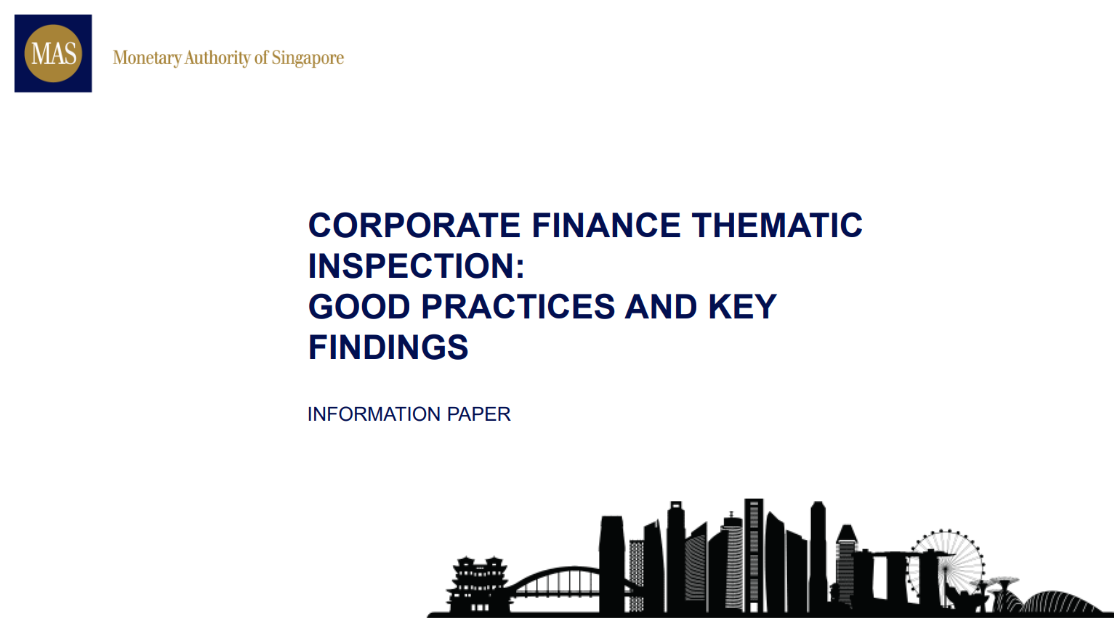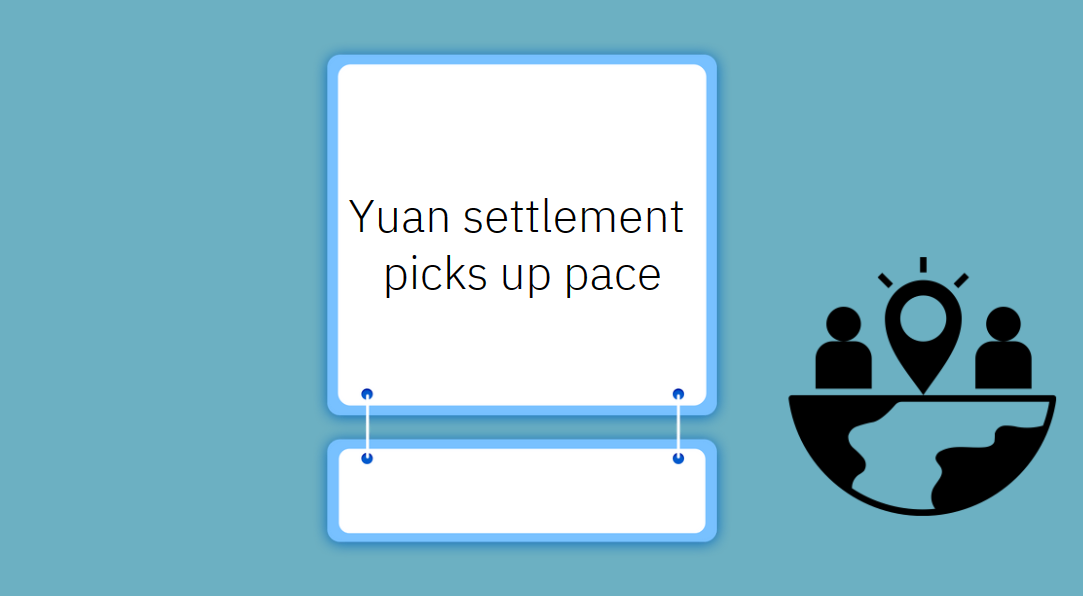Macao government working on a detailed plan regarding Macao's “1+4” approach for appropriate economic diversification
The Chief Executive, Mr Ho Iat Seng, told members of the Legislative Assembly that the Government had organised a trade delegation – including representatives from the Guangdong-Macao Intensive Cooperation Zone in Hengqin – to visit Portugal by the end of April, with an aim was to promote Macao overseas, and offer insights regarding the latest investment opportunities available in the Cooperation Zone in Hengqin.
Mr Ho disclosed the information when attending on Friday (14 April) a plenary session of the Legislative Assembly, to answer questions from its members regarding Government policy and social issues.
Mr Ho shared with them details of how Macao could enhance its bridging role serving China and Portuguese-speaking countries. During the trip to Portugal, there would be presentation seminars, business meetings, and site visits, in order to let the local community gain a better understanding of the opportunities available in the Cooperation Zone in Hengqin.
Meanwhile, the Government had kick-started preparations for a China- Portuguese-speaking countries’ economic and trade exhibition, to take place in Macao. It was hoped that – during the visit this month to Portugal – invitations could be issued to Portuguese enterprises to take part in the exhibition in Macao.
During Friday’s session, Mr Ho said the Government was working on a detailed plan regarding Macao’s “1+4” approach for appropriate economic diversification. The plan would incorporate further details regarding the development of the Cooperation Zone in Hengqin.
The Government proposed in 2022 a "1+4" strategy that aimed to enrich Macao’s role as “One Centre” for integrated tourism and leisure, while facilitating the development of four nascent industries, namely “Big Health”; modern financial services; high and new technology; plus convention and exhibition, sports, and the commercial and trade sectors.
Following an initial plan for the “1+4” strategy, circumstances had changed. For example, those awarded new gaming concessions had been required to increase non-gaming offerings, and they had presented, in mid-March, their respective proposals. There had also been since 8 January, an increase in the volume of visitors to Macao, coinciding with relaxation of previous COVID-19-related restrictions. The Government therefore had to update its planning, and hoped to complete that task in June.
The “1+4” strategy required synergies in the development of various industries, stated Mr Ho. The sports industry was a major area for most countries and places seeking to revitalise tourism, and boost economic recovery, post-COVID-19.
The Government had stepped up its input for the sports sector, and “sports + tourism” would be a prominent opportunity for economic development, said Mr Ho. A number of high-profile sports events would take place in Macao, with an expectation they would add to the number of tourists coming to the city. Not only did Macao have favourable conditions for hosting sports events, so also did Hengqin. There should be further effort to promote organisation on a joint basis of additional sports events within the Guangdong-Hong Kong-Macao Greater Bay Area.
During the Legislative Assembly session, the Chief Executive said Macao’s bond market was at an early stage of development, with currently only initial public offerings being undertaken. The lack of a secondary market limited further development, he added. The aim of an upcoming visit to Luxembourg in April was to learn lessons from the largest secondary market for bond listings, and to exchange views on the promotion of renminbi-bond issuance.
Regarding financial services in the Cooperation Zone in Hengqin, Mr Ho said there had been planning specifically outlining that the electronic fence monitoring and control system as well as cross-boundary financial management system would be basically constructed in 2025, in order to realise preliminary integration of financial services between the Cooperation Zone and Macao. According to the policy documents, in 2035 the electronic fence monitoring and control system as well as cross-boundary financial management system should be enhanced, and the level of financial integration in the two places would also be elevated, to achieve the long-term goal of providing services that aligned with Macao standards.
During Friday’s question-and-answer session, the Chief Executive also talked about the Government effort to assist locals with employment issues. The Labour Affairs Bureau and community associations had arranged many matching sessions for jobseekers. From January 2022 to March 2023, approximately 8,000 people in aggregate had found a job via such efforts. There was a dedicated online section via the Macao One Account portal for local vacancies, allowing those in need to seek a job via that Internet resource. There were currently 5,000 vacancies registered.
Latest statistics showed the local unemployment rate was 4.1 percent. The Government would continue to pay close attention to the changes in the labour market, and offer employment support services in a timely manner. Mr Ho underpinned the Government’s commitment to: helping local residents stabilise their employment prospects; easing the human-resources pressure faced by businesses; and lowering the city’s unemployment rate.
In addition, this year’s wealth partaking scheme being set at 10,000 patacas for each permanent resident, and 6,000 patacas for each non-permanent resident. Due to the need to prepare printing of the necessary cheques, distribution of payments would be in July. That was the same schedule that had applied for such payments prior to the COVID-19 pandemic. The relevant executive order had been formulated, and further details would be announced next week.
The Chief Executive answered questions raised by 31 Legislative Assembly members. Other topics discussed during Friday’s session included: commodity prices, employment, appropriate economic diversification, education, planning for talent development, sports affairs, preparations relating to co-organisation of the National Games, cultural and tourism development, human resources, population policy, consumer rights, social security, the wealth-partaking scheme, caring for the elderly and the disadvantaged, public administrative reform, eGovernment, transportation, and environmental protection.






















































First, please LoginComment After ~